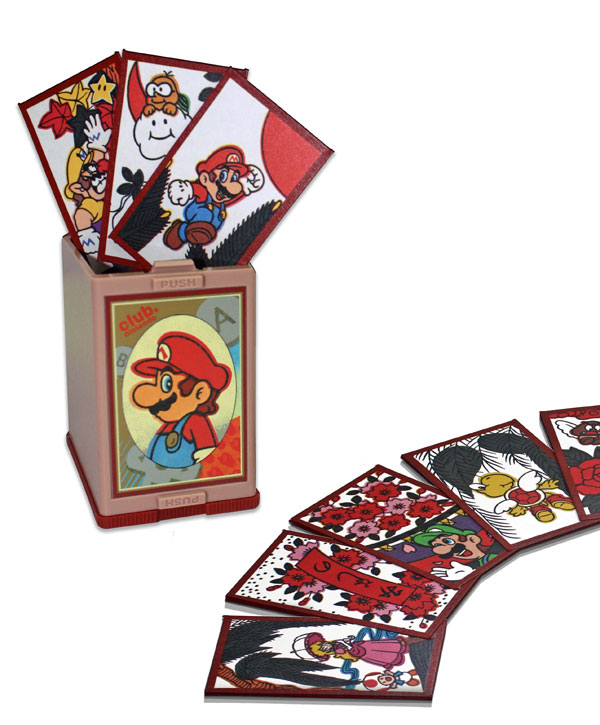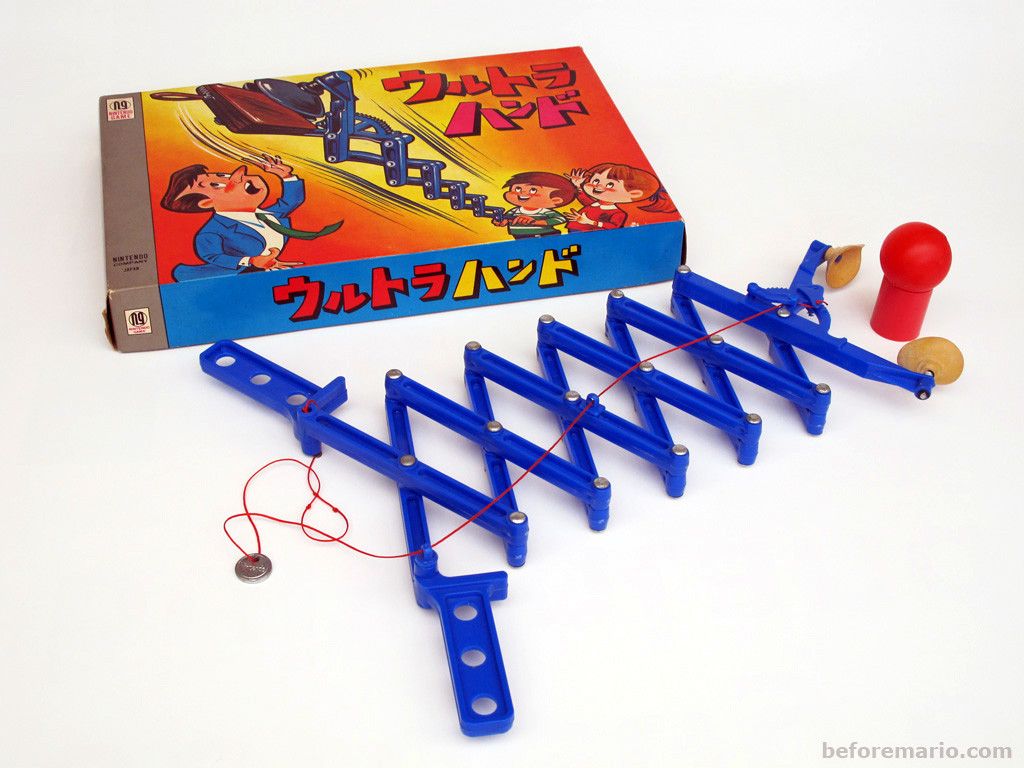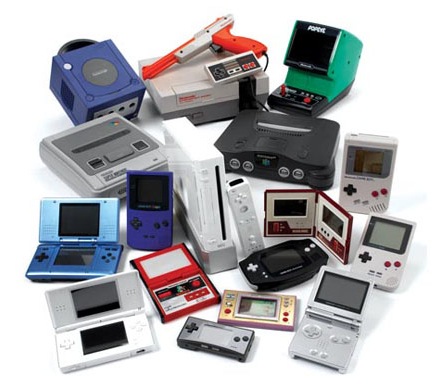Few things in the world are built to stand the test of time. Everything is subject not only to the elements but also, and perhaps worse, pop culture trends. This is especially true when it comes to consumer products and technology. For a single company to have survived, and almost consistently thrived, for more than 125 years is beyond remarkable. It is practically unimaginable.
Believe it or not, though, Nintendo was originally founded in 1889. Yes, eighteen eighty nine! Making the renowned game company 127 years old. Needless to say, it wasn’t always building and selling video games and consoles because, well, they weren’t invented yet. In the beginning, Fusajiro Yamauchi founded Nintendo Koppai as a playing card company. They dealt (pun intended) exclusively in handmade hanafuda, or Japanese flower cards.

Why is it called Nintendo?
Although the exact origin of the company’s etymology is unclear (because it was initially undocumented and 100 years is a long time to play telephone), many believe it is a literal Japanese translation related to card-playing. Koppai actually means playing card in English, while, as Gizmodo documents it, Nintendo can be interpreted as “leave luck to heaven.” Maybe Yamauchi saw strategy in card games, as well as in his business, as more important than luck for success.
According to an Examiner article on The History of Nintendo, however, the translation could be even more literal than that. Through a series of interpretations, “the book puts forth that ‘Nintendo,’ or 任天堂 in Kanji, could actually mean ‘the temple of free hanafuda’ or ‘the company that is allowed to make (or sell) hanafuda.’” In which case the name for Nintendo Koppai came directly from the company’s intention – to make and sell hanafuda playing cards.
What followed Nintendo’s inception is a long and windy history wherein the card market became saturated and the company was forced to reinvent itself along with its products. After renaming the company Nintendo Co., Ltd., Hiroshi Yamauchi, grandson of the Nintendo founder, noticed a factory worker using an extending arm in 1966. The worker’s name was Gunpei Yokoi, and the arm would be The Ultra Hand, the first of many engineered toy developments.

Together they went on to create a wide range of toys and other business ventures (including love hotels). Eventually, Nintendo earned enough street cred to buy the distribution rights of the Magnavox Odyssey video game console in Japan, the first of its kind. It was then, in 1974, that Nintendo began to develop their own in-home video games and arcades. Games like Donkey Kong led the revolution and encouraged Nintendo to experiment with hand held games and consoles, i.e., the Game Boy.
 By 1985, the company released its original Famicom family computer as the Nintendo Entertainment System, or NES, which isn’t so far from the versions we now know. Today, Nintendo remains a worldwide, billion-dollar company. The Wii console is proof of their constant reinvention, which brought to life a new wave of entertainment and cast the net to an even wider customer base.
By 1985, the company released its original Famicom family computer as the Nintendo Entertainment System, or NES, which isn’t so far from the versions we now know. Today, Nintendo remains a worldwide, billion-dollar company. The Wii console is proof of their constant reinvention, which brought to life a new wave of entertainment and cast the net to an even wider customer base.
Despite its age, Nintendo doesn’t show signs of slowing. In October 2015, The Wall Street Journal teased the distribution of yet another new platform in development. Whatever they’re up to, we can be sure they won’t need luck to make it work.
Thanks for reading Why is Nintendo called Nintendo! What’s your favorite Nintendo product or game? #whyisitcalledNintendo.
Annelise Schoups is a contributor at Rewind & Capture. With a degree in journalism, experience in public relations, and an education in travel, she is passionate about cultivating knowledge and storytelling.






[…] SEE ALSO: Why is Nintendo Called Nintendo? […]